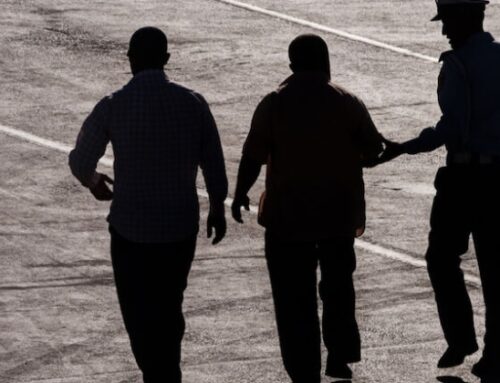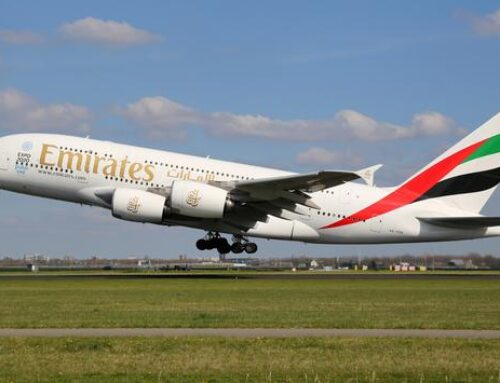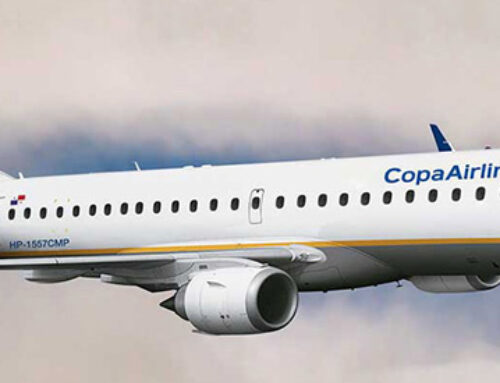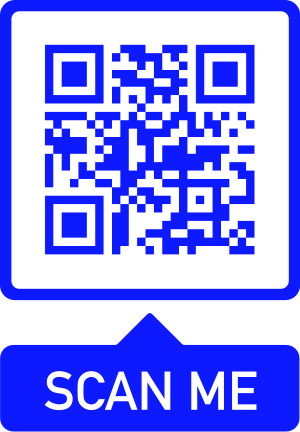
Traveling internationally comes with its set of excitements and challenges, particularly when re-entering the United States and dealing with Customs and Border Protection (CBP). The complexity of CBP policies and the changing rules about what items you can legally bring back can lead to confusion and, sometimes, unwanted fines.
Understanding the do’s and don’ts of what you can bring into the U.S. is crucial for avoiding penalties and ensuring a smooth customs experience. This guide provides an overview of items that typically raise red flags at U.S. customs and offers tips on how to navigate these regulations effectively.
Agricultural and Food Products to Declare
Certain foods are generally prohibited or restricted because they can introduce diseases or pests:
- Fruits and Vegetables: Most are not allowed.
- Meats: Fresh meats and certain animal products are restricted.
- Seeds and Plants: Restrictions apply due to the potential for pests.
- Dairy Products: Solid cheese without meat is usually allowed; restrictions apply to other dairy products.
To avoid issues, declare all food items on your customs form. If in doubt, declare it to allow CBP officers to make the final call. Undeclared agricultural products can lead to fines up to $10,000. Items like rice, which can harbor insects, are discouraged. However, alcoholic beverages are generally permitted.
Art and Cultural Artifacts
Artifacts that could be considered cultural treasures, such as pre-Columbian sculptures or colonial paintings from certain countries, are often restricted. Ensure you have the necessary import permits for such items.
Handicrafts and Souvenirs
Be cautious with plant-based handicrafts and souvenirs, as items made from straw or certain woods may need to be declared and inspected for pests.
Counterfeit Items
Bringing counterfeit goods, even for personal use, can lead to fines and seizures. Always declare trademarked goods and keep receipts for expensive purchases.
Prescription Medication
Medications should be in their original containers with a prescription or doctor’s note. Controlled substances are subject to strict regulations.
Prohibited Items
Check your luggage for prohibited items like fruits or seeds before arriving at customs. Use amnesty bins at foreign airports to dispose of any restricted items before entering the U.S. customs area.
Preclearance
Remember that U.S. customs rules apply at preclearance facilities in foreign airports. Prepare as if you’re entering the U.S. directly.
Consequences of Non-Compliance
- Fines: Starting at $300 for undeclared items.
- Increased Scrutiny: Future travels may involve more rigorous customs checks.
- Impact on Trusted Traveler Programs: Mistakes can lead to the revocation of Global Entry and TSA PreCheck.
Avoiding Penalties
- Declare all questionable items.
- Use the Mobile Passport app as an alternative to Global Entry if you face issues.
- Understand and comply with CBP regulations to maintain your status as a trusted traveler.
By familiarizing yourself with these guidelines and erring on the side of caution by declaring items you’re unsure about, you can help ensure that your re-entry into the U.S. is as smooth as possible. Remember, it’s always better to declare than to face fines or other penalties for undeclared items.







